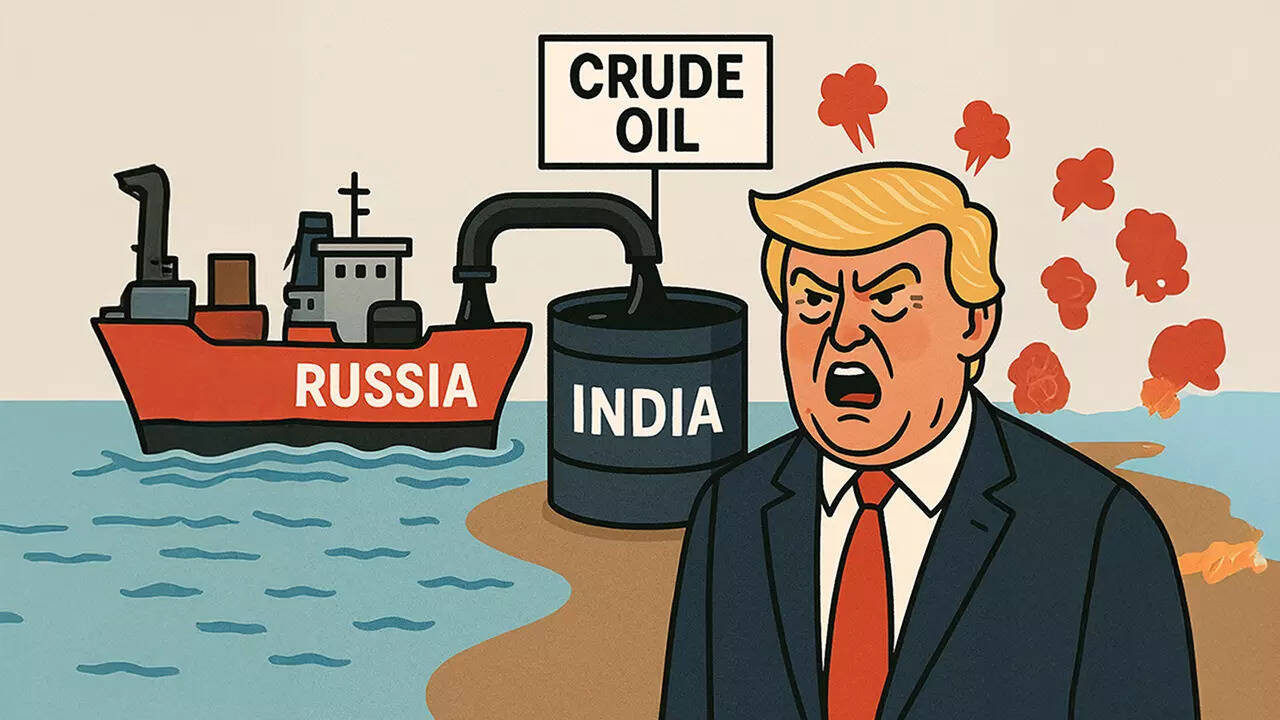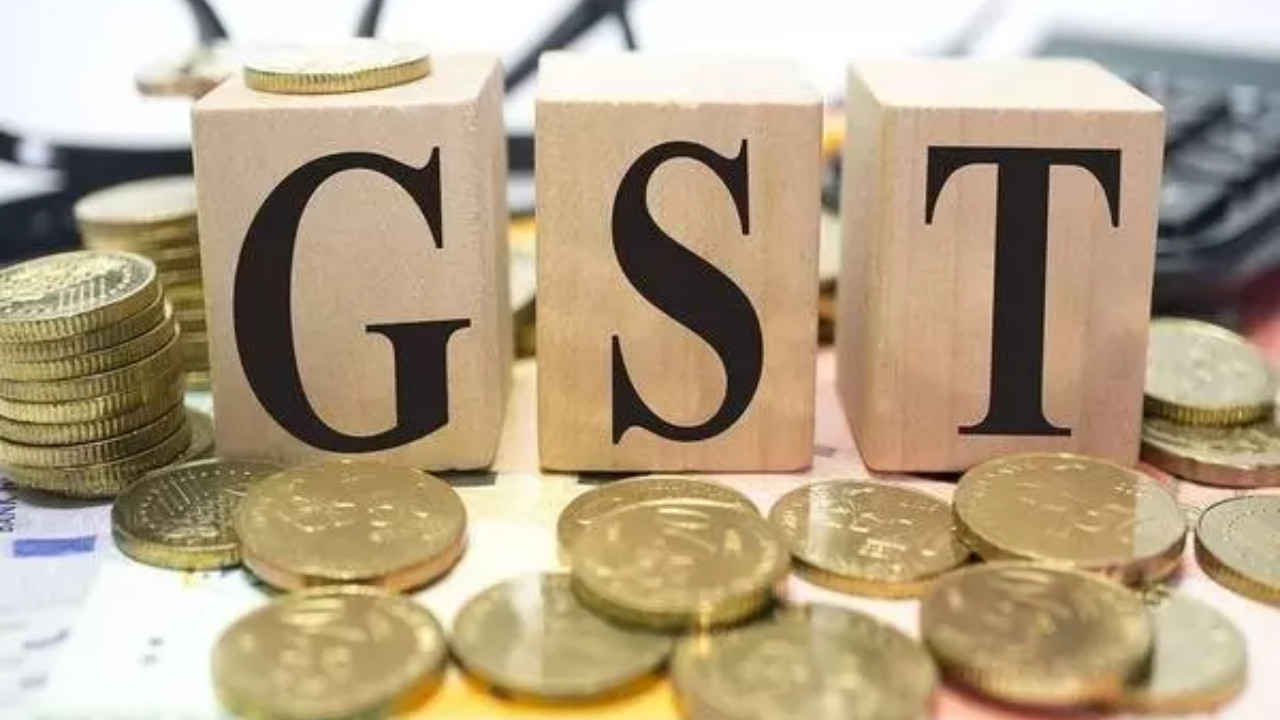India faces potential US penalties due to its continued trade relations with Russia, specifically regarding oil and defence equipment purchases. Despite international pressure and sanctions, India has significantly increased its reliance on discounted Russian oil, now comprising a substantial portion of its imports.
India’s Evolving Energy Dance: Balancing Needs and Geopolitics
India’s energy landscape is a complex tapestry, woven with threads of economic necessity, strategic partnerships, and evolving geopolitical dynamics. One particularly intriguing thread is India’s relationship with Russian oil, a connection that has raised eyebrows and sparked considerable debate, especially in the context of international sanctions and shifting global alliances. The question isn’t simply whether India buys Russian oil, but why, how much, and what are the implications of this energy partnership?
For a nation powering its burgeoning economy and catering to the needs of over a billion people, affordable energy is not a luxury – it’s a lifeline. India’s domestic oil production falls far short of its consumption, making it heavily reliant on imports. This dependence makes the country vulnerable to price volatility and supply disruptions. Russia, with its vast reserves and competitive pricing, has emerged as a significant source, offering a degree of stability amidst global uncertainty.

The relationship, however, isn’t without its complexities. The shadow of Western sanctions on Russia following its actions in Ukraine looms large. While India has consistently maintained a position of neutrality, emphasizing diplomacy and dialogue, its continued engagement with Russia on the energy front has drawn scrutiny from Western partners. Some view it as undermining the effectiveness of sanctions and potentially funding the Russian war effort.
India, on the other hand, defends its stance by highlighting its sovereign right to pursue its national interests. Access to affordable energy is crucial for its economic development and ensuring energy security for its citizens. Officials argue that India’s oil purchases from Russia are purely commercial transactions and do not violate any international laws. Furthermore, they emphasize that diversifying energy sources is a pragmatic approach to mitigate risks associated with over-reliance on any single supplier.
The actual volumes of Russian oil flowing into India have seen considerable fluctuations over time. Initially, Russia played a relatively minor role in India’s energy imports. However, as Western sanctions tightened and Russian oil was offered at discounted prices, India’s appetite for Russian crude grew significantly. While precise figures vary depending on the source, Russia has, at times, become one of India’s top suppliers, rivaling or even surpassing traditional partners in the Middle East.
This shift hasn’t gone unnoticed. Diplomatic pressure from the United States and other Western nations has been a constant undercurrent. The implicit warning has been clear: too much reliance on Russian oil could have consequences for India’s broader relationships and access to Western markets and technologies.
But, is there a breaking point? A threshold at which India would reconsider its energy strategy? That’s the multi-trillion dollar question, isn’t it?
It’s a delicate balancing act. India values its strategic partnerships with the West, particularly in areas like defense, technology, and trade. However, it also prioritizes its own economic growth and energy security. Navigating this complex terrain requires skillful diplomacy, a clear articulation of its interests, and a commitment to transparency in its energy dealings.
India’s long-term energy strategy hinges on diversification. Investments in renewable energy sources like solar and wind are rapidly increasing, signaling a commitment to a cleaner and more sustainable energy future. Exploring alternative supply routes and forging new partnerships with other oil-producing nations are also crucial steps in reducing dependence on any single source. (Related content: Check out our article on India’s ambitious renewable energy goals.)
The story of India’s energy partnership with Russia is not simply about oil barrels and trade figures. It’s a reflection of a changing global order, where economic pragmatism intersects with geopolitical considerations. India’s energy choices will not only shape its own economic trajectory but will also have a ripple effect on international relations and the future of the global energy landscape. The tightrope walk continues.







